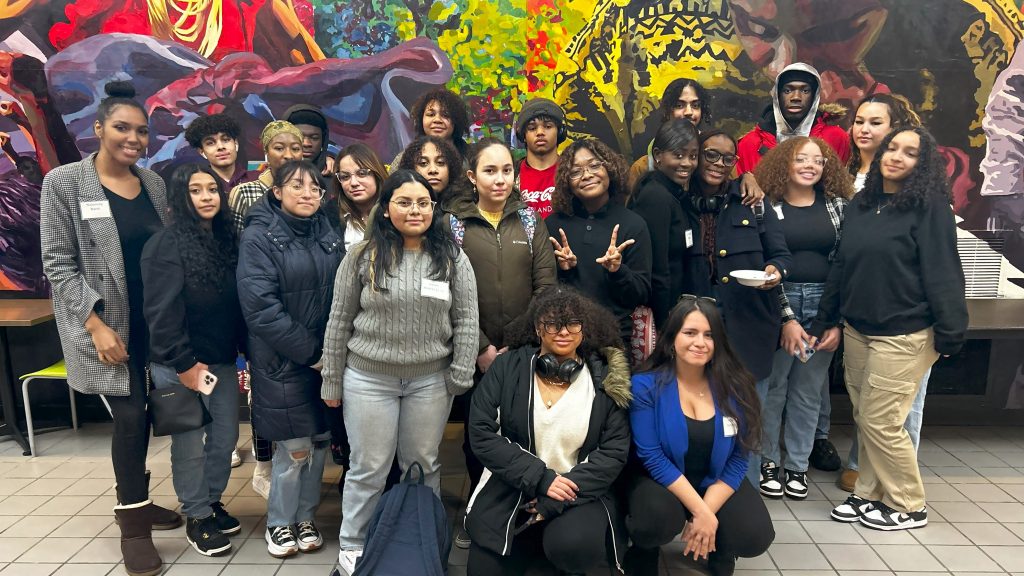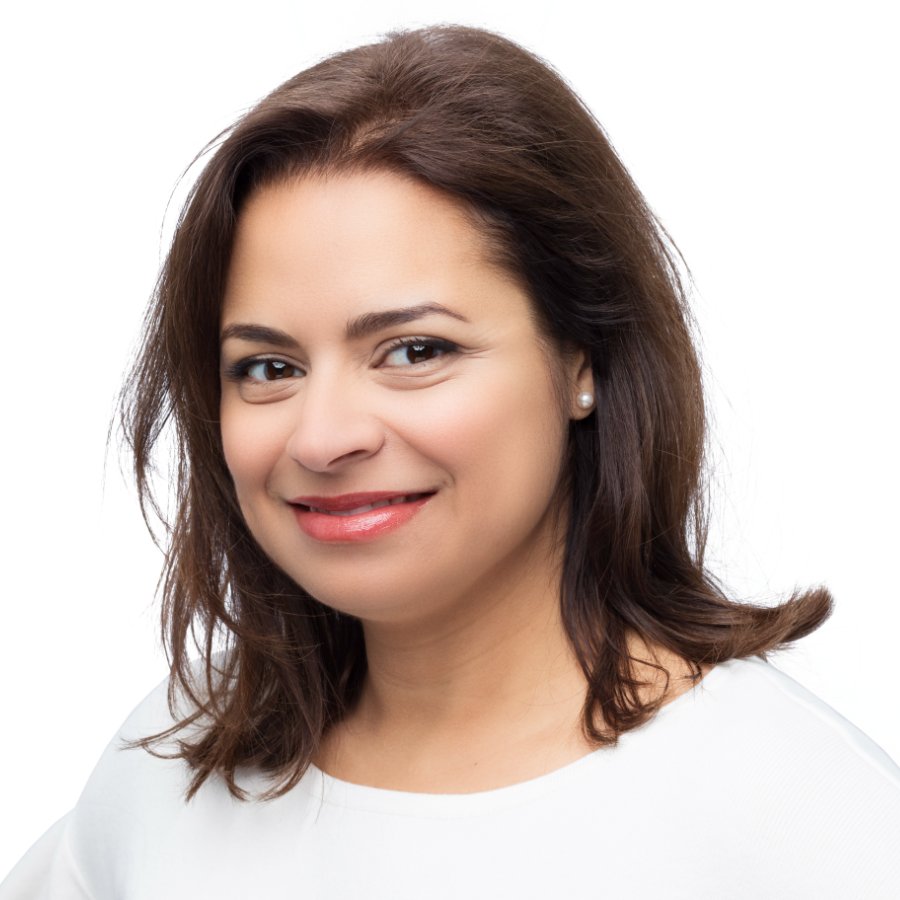RI Latino News covers the social determinants of health and democracy.
Informing and supporting marginalized communities on civic engagement gives underrepresented and underserved individuals the tools to advocate for issues most important and urgent to them.
PROVIDENCE — Andrea Gonzalez Sanchez sat right by the door, greeting students as they shuffled in for Young Voices’ regular Monday and Thursday afternoon programming. Three years ago, she was one of those students—now, Gonzalez Sanchez helps lead the meetings as one of the organization’s program coordinators.
At 12 years old, Gonzalez Sanchez immigrated to Providence with her mother and enrolled in Providence Public Schools. Missing all her friends back in Spain, Gonzalez Sanchez longed for that sense of community she had back home but her limited English skills seemed to hold her back from connecting with her new classmates.
On top of that, Gonzalez Sanchez had to prioritize finding a way to make income, even though job opportunities are greatly limited for youth under 18 years old. Fortunately, a distant relative mentioned the Young Voices Summer Workforce Program to Gonzalez Sanchez.
“And that cousin was like, ‘hey, I’m doing this summer program and they’re giving us money for just being there,’ and I was like, ‘bruh, I need money,’” she said in an interview inside the State House.
Gonzalez Sanchez thought she would give the program a shot and learn more about it. However, she quickly learned that her undocumented status might cause issues with payment and she began to worry that she could not participate in the program.
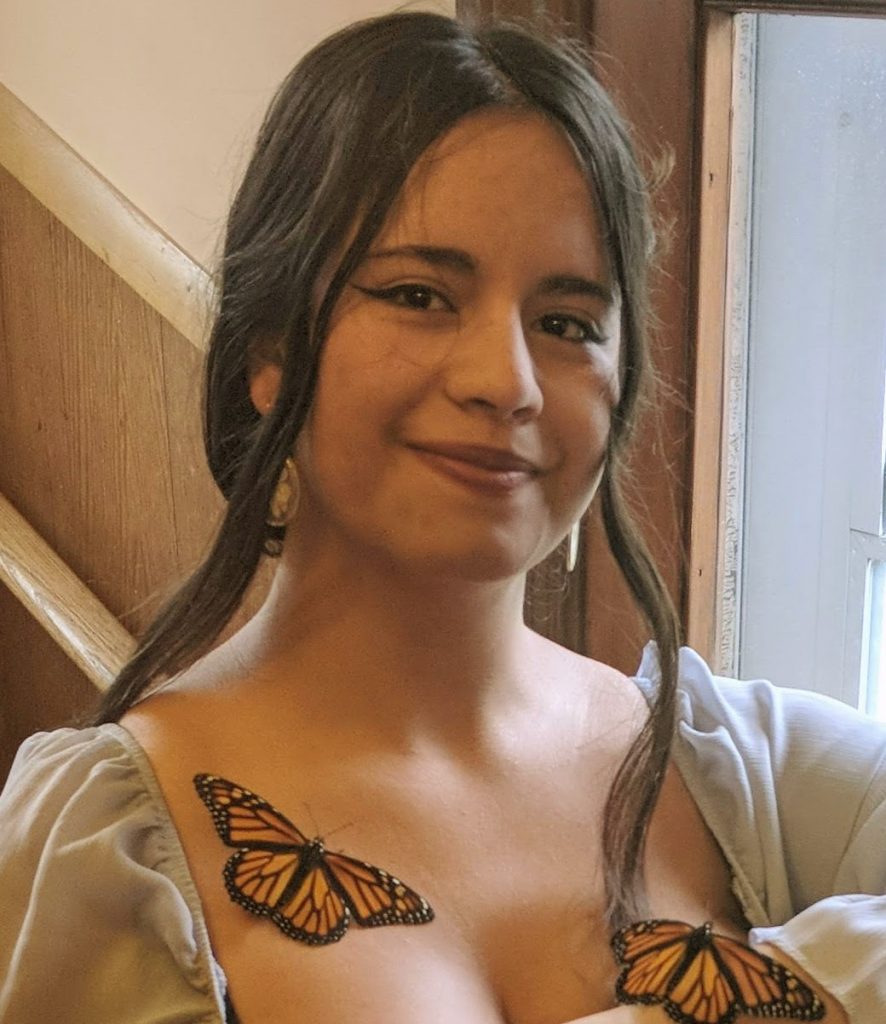
“Luckily, Young Voices is a place where, regardless of your documentation, they’re willing to support you and provide for you,” Gonzalez Sanchez said. “They immediately provided me with resources and even money, regardless of any status that I got.”
After the summer program, Gonzalez Sanchez entered her freshman year of high school with a new sense of reassurance that she had external support moving forward and adjusting to her new home.
“I became really in love with everything that they were doing,” she said. “Mainly because I didn’t really have any other community that was so supportive of me learning English that was so supportive of me growing into a person.”
Rhode Island’s youth population becomes increasingly diverse each year.
In 2020, about 47 percent of Rhode Island residents under 18 identified as youth of color—with 27 percent being Hispanic/Latino and six percent being Black or African American. More than half of these students live in urban areas including Providence and Central Falls, according to the 2022 RI KIDS COUNT Factbook.
Inclusive and culturally-informed support can make a significant impact on their lives, Gonzalez Sanchez expressed.
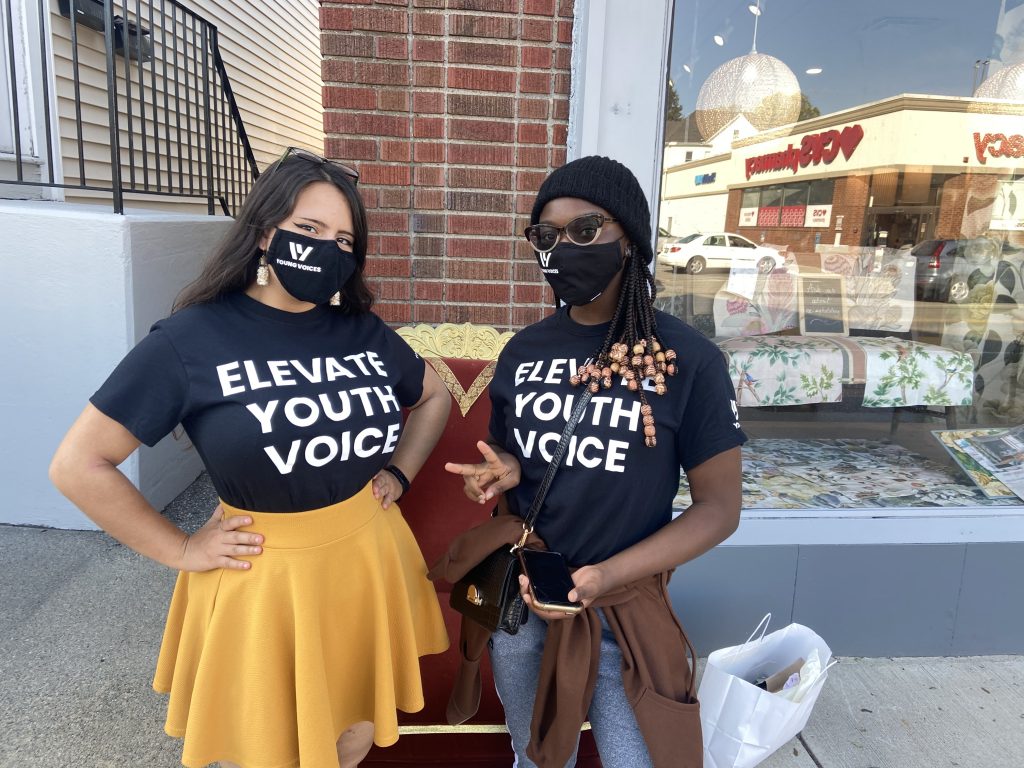
The annual summer program provides six weeks of intensive workplace readiness training for youth entering ninth to 12 grade. The program also offers a $750 stipend to participating students who engage in a variety of industry projects and educational workshops on skills such as resume writing and interview etiquette.
“They were so mindful and understanding of the fact that I wanted to have a voice and I might have not had the language for it, I might have not had the skills for it, but I was a very powerful person and all that I needed to do was to get out…of any walls that I had built or that society had built around me.
Andrea Gonzalez Sanchez
By the time she was 15 years old, Gonzalez Sanchez decided that she needed to move out of her living situation at the time.
“I was like ‘Okay, I really need to leave my home soon, it’s not a happy environment for me or a healthy one’, and [Young Voices Staff] were like ‘Okay, we’re gonna help you build a resume, we’re gonna help you get those jobs, we’re gonna make sure that we still support you,’” she shared. “I ended up getting so many jobs thanks to them and I had such good time management thanks to them—that I was in school, working, educating others, advocating, I was doing all of that. And by the time I was 17, I had $10,000 and I was able to go.”
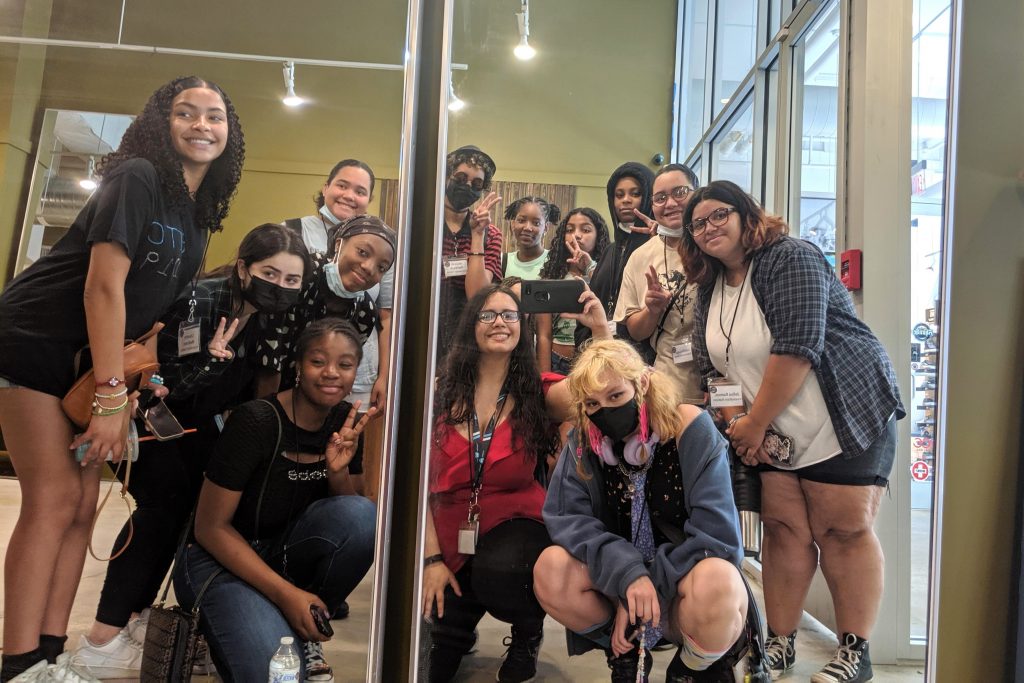
Classical High School student Wujuudat Balogun also found a welcoming community in Young Voices at 13 years old, one that has inspired her to become more civically engaged.
“So, with these programs, I took a huge step because I never really did any advocacy work before I got into Young Voices,” Balogun shared that she first got involved because she thought it would look good on her college resume. “My advice is to be impulsive, just do it—let’s see what comes out of it.”
“Because these programs that from the outside wouldn’t look like something that would help you in the future are actually the best thing to help you with achieving your dreams in the future,” she said.
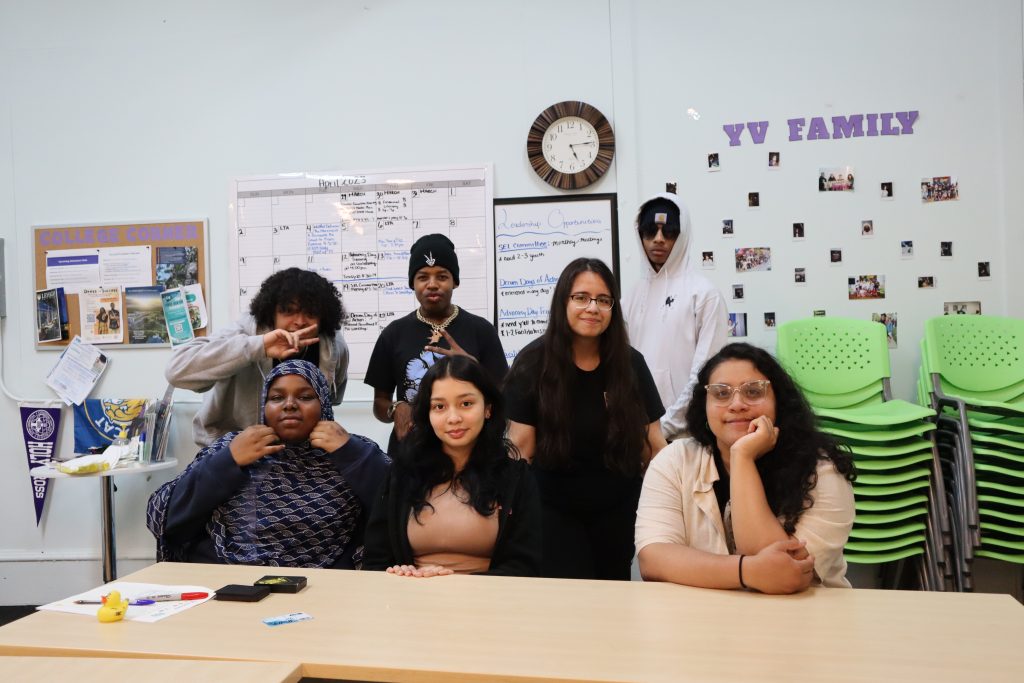
March 9th: Youth-Led Call To Action Rally
Balogun was one of several student speakers at a youth-led Call To Action Rally, organized by Young Voices RI, in early March.
“Out-of-school programs create a space where youth can build community with others and start a path to pave their own future,” she shared with the room of about 30 students. “If not for Young Voices, well, I wouldn’t be right here where I am today…because of spaces like this, I have been given opportunities to be a part of different things, like national panels and conferences where youth voice is the center of decision making.”
At the State House event, students emphasized the need and importance of policies that advocate for a culturally-inclusive school environment, specifically referring to current history curriculums and cafeteria food options.
“If I go to school, I want to learn about my history,” Balogun said, as a few students snapped their fingers in agreement. “I need the cultural difference to be there because the students already have cultural differences, why can’t the curriculum have the same?”
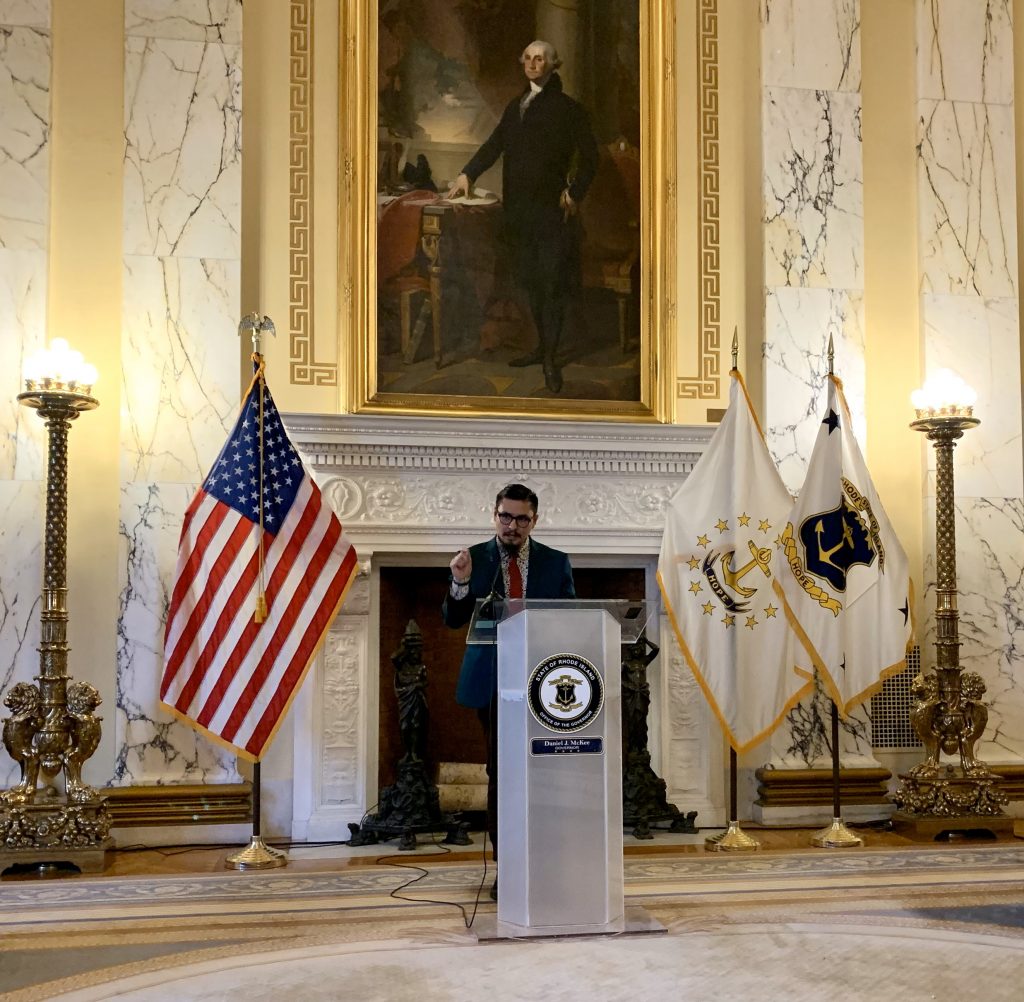
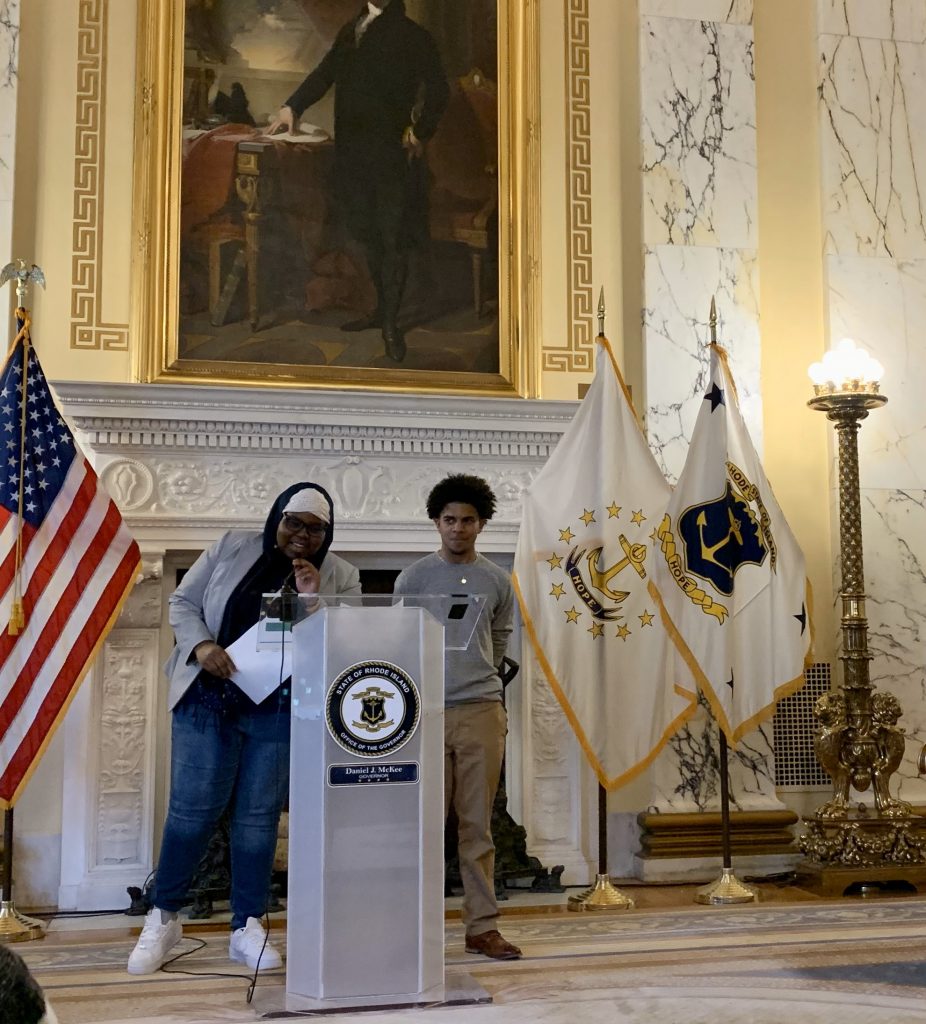
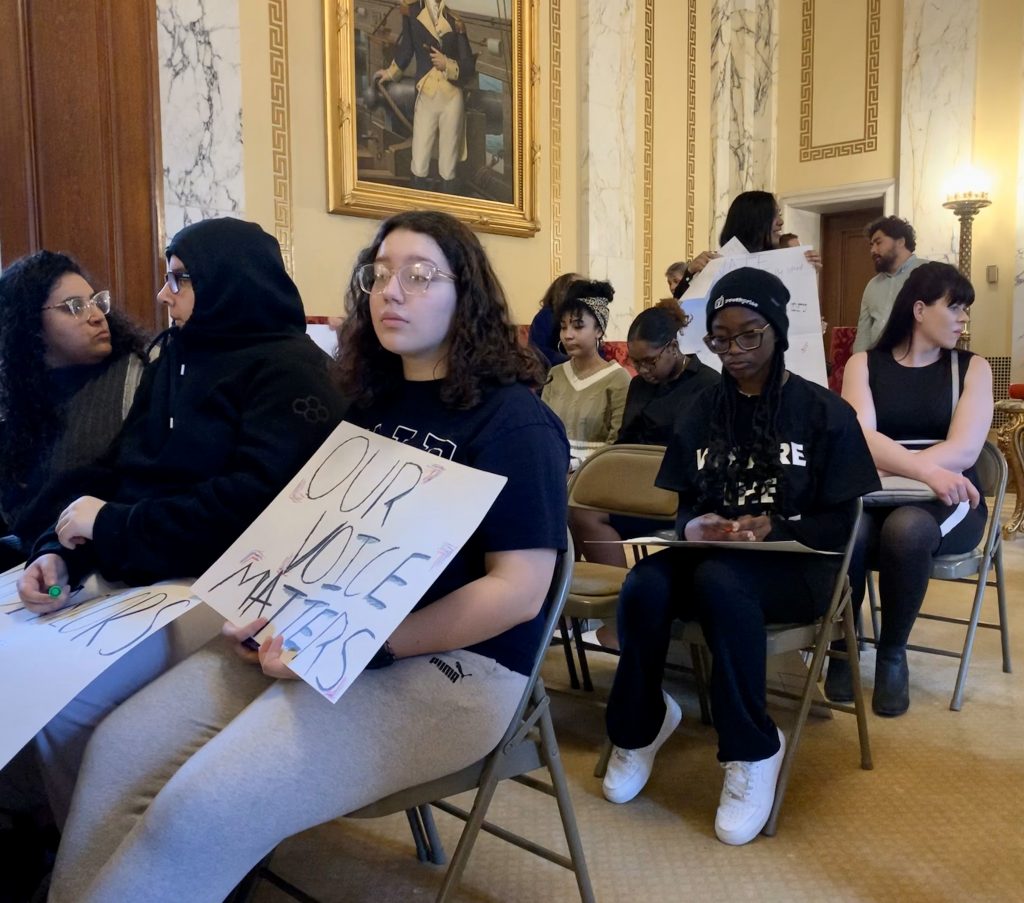
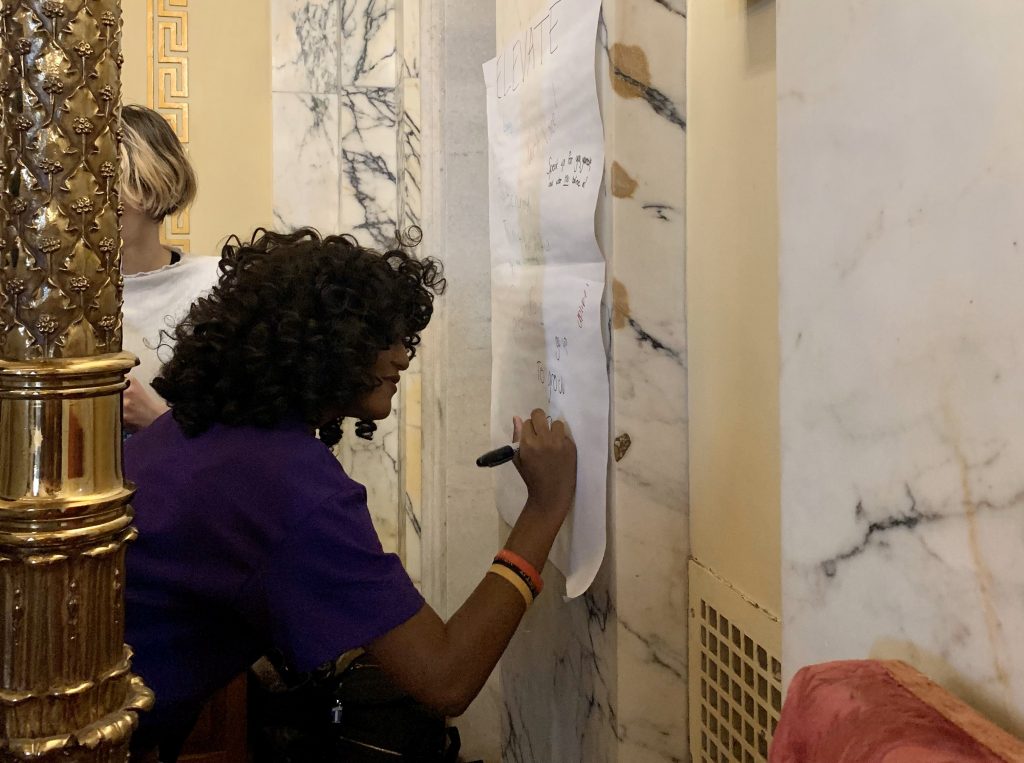
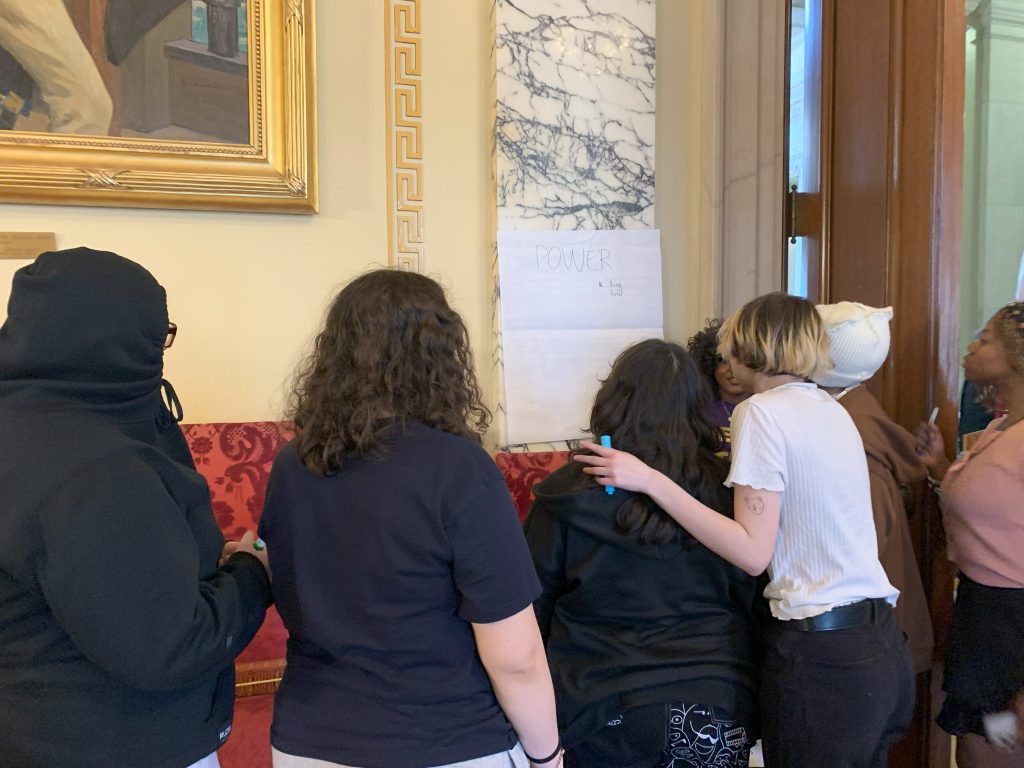
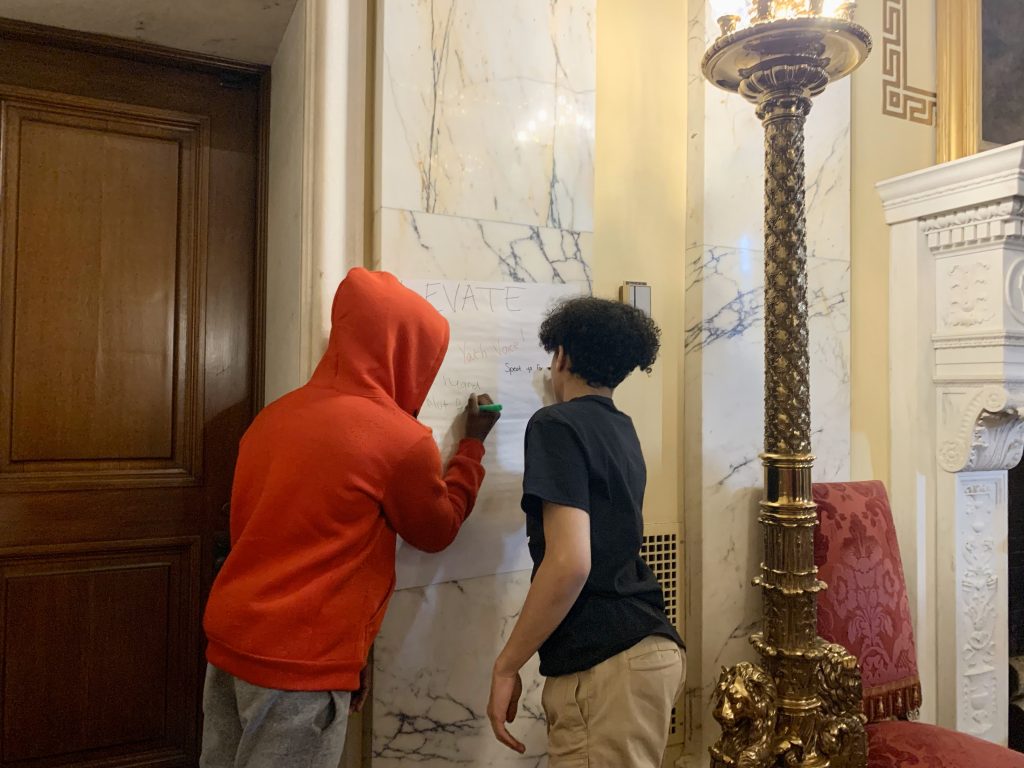
“We deserve to learn about all types of cultures and learn about our own history,” Mariah Ajiboye said at the event. “I cannot stress this enough…everyone deserves to feel equal in the classroom and not to feel put down in a classroom.”
Youth speakers also expressed concern about students struggling with mental health, bringing up the lack of counselors but the abundance of police officers in schools.
“As a kid, I remember feeling misunderstood and not really seen. As a result of this, I would get in fights with my teachers and peers…people would label me as a troublemaker, as a bad kid,” shared Village Green Virtual Charter High School student Jully Myrthil. “I felt really cast out, there were opportunities to practice restorative practice that would have allowed me to break down the walls that I built up.”
Restorative justice practices look to address the root causes of a youth’s actions by centering their voice in an open dialogue between them and community members. Juvenile justice reform advocates like Citizens for Juvenile Justice in Massachusetts continue to push for legislation that will expand these practices.
“Youth need to feel that our mental health and well-being are not just considered but a priority. Students feel that there’s—one—not enough counselors, social workers, and resources at our schools and—two—not nearly enough resources for restorative practices to support youth that are labeled as having challenging behavior that may just be struggling with mental health and other factors at home.”
Jully Myrthil
Students nodded and clapped in support as their peers took turns at the podium, sharing their personal experiences that many could relate to. At 5:30 p.m., the event came to a close and the room broke into a buzz of excitement and encouragement.
“Advocacy is not something that just comes up on a whim,” Balogun had explained. “Advocacy is like that small voice inside your head telling you ‘something is wrong’ and you should go change it because nobody else is changing it. And you could be the first… So, all you have to do is just try.”
Learn more about Young Voices RI at www.youngvoicesri.org/
Publisher’s Notes: This story is supported by the Advancing Democracy Journalism Fellowship—run by the Solutions Journalism Network, Hearken, and Trusting News—which looks to elevate coverage of local democracy and civic engagement. RI Latino News is committed to covering the social determinants of health and democracy.
Correction: An earlier version stated that Andrea Gonzalez Sanchez immigrated at 13 years old from the Dominican Republic and that she was a student at Young Voices seven years ago rather than three.
